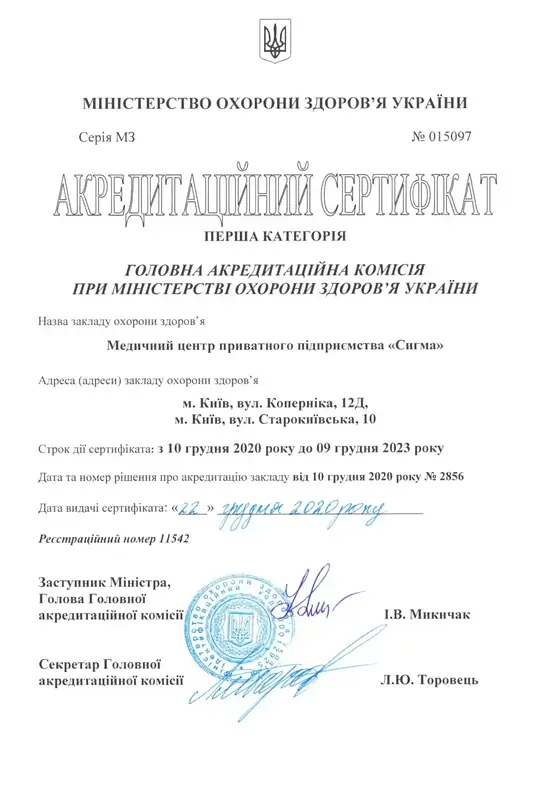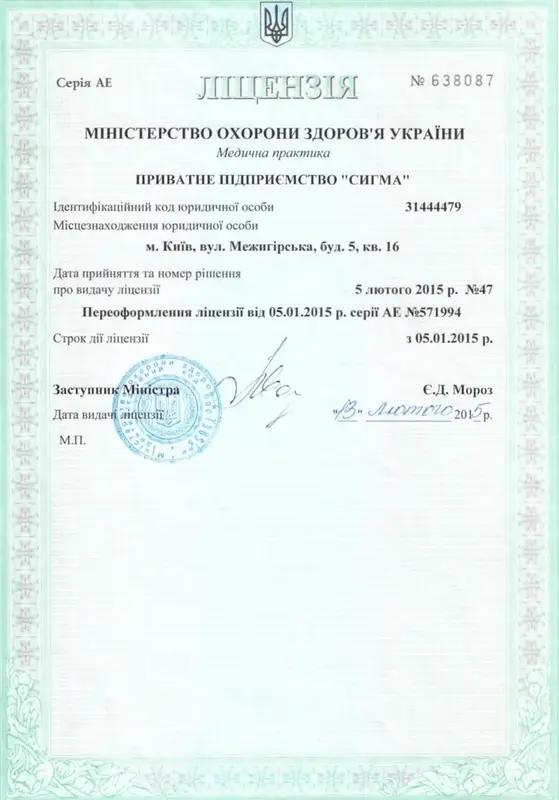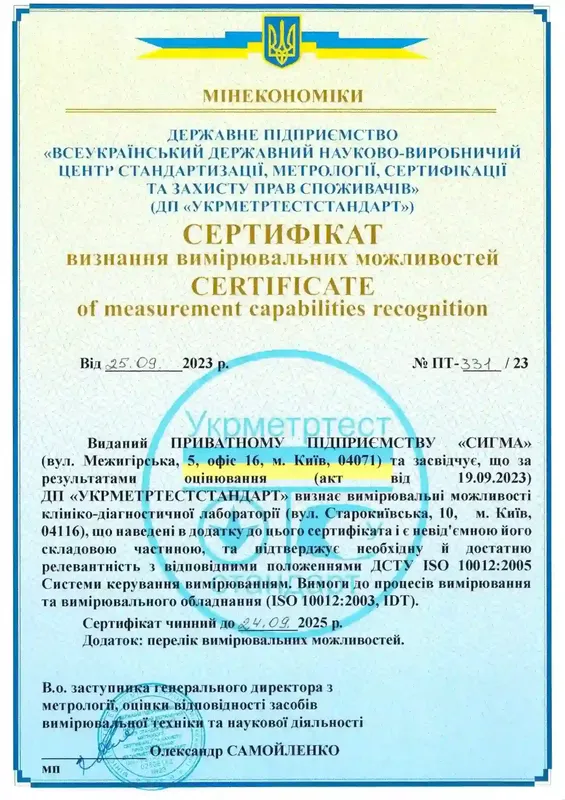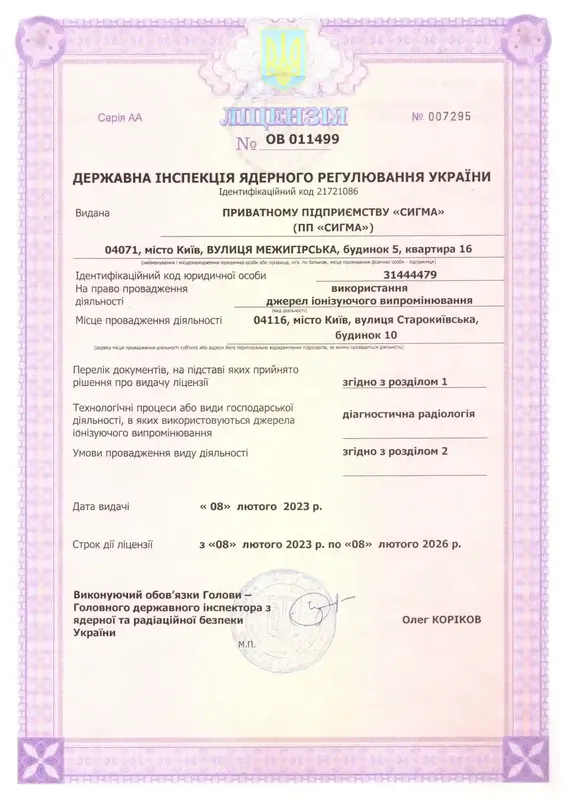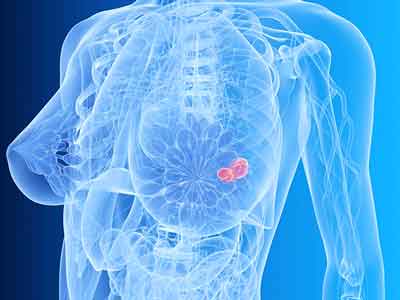
Mammology is a branch of medicine dedicated to the diagnosis and treatment of the female mammary glandes’ pathologies.
Breast problems increasingly attract the attention of scientists and the public over the last decade, becoming more relevant. Statistics are inexorable: today almost every tenth woman is at risk of life-threatening breast diseases, such as breast cancer. Every second has a risk of benign tumors or fibrocystic mastopathy.
Breast cancer is the most dangerous diagnosis in this group and is a malignant cancer in women. Pay attention to the important fact: breast cancer is the second most important cause of death of women in our country (after cardiovascular diseases). This problem, unfortunately, is not only medical, but also social – today the growth of breast cancer is growing all over the world.
Each woman should firmly understand the basic principles of early diagnosis and prevention of breast diseases, including cancer: at least once a year, every woman should be examined by a mammologist!
The mammologist at «Mediland» Clinic will help and teach you how to protect yourself from breast cancer, how to identify the first symptoms, and when you need to immediately consult a doctor, rather than wait until "it passes by itself".
An urgent appeal to a mammologist is required when identifying the following symptoms:
- the appearance of unusual, even minor, painful sensations in the mammary glands;
- feeling of heaviness, swelling and chest pain;
- any discharge from the nipples and compaction.
Mammologists of the Mediland clinic treat a wide variety of diseases of the mammary glands:
- inflammatory processes (mastitis) and lactostasis,
- cysts of the breast, mastopathy, fibroadenomas and other benign breast tumors.
Diseases that most often lead patients to surgical treatment for our mammologists are benign tumorous formations: fibroadenomas and cysts of mammary glands.
In our clinic, operative treatment of benign formations is performed in compliance with all the rules of aesthetic organ-preserving surgery, the whole healthy breast tissue remains, its size and shape do not change, and scarring on the skin is practically invisible.

The risk group for breast diseases, including breast cancer:
- diseases of the mammary gland or reproductive organs;
- a trauma to the chest;
- complications during pregnancy;
- dysfunction in the work of the liver;
- various hormonal disorders;
- stress – the presence of long and severe stressful situations;
- genetic predisposition – if you have direct relatives with breast cancer.
If you have one or more points in common, do not ignore regular examinations at the mammalogist – a routine examination can save your life.
The mammologist takes in the antenatal clinic of Polyclinics & Medulin & raquo; at ul. Copernicus, 12-D, Kiev.

Examination before surgery:
A necessary preliminary examination, for carrying out the operation on the mammary gland, is:
- standard clinical and biochemical analyzes;
- Ultrasound of mammary glands;
- oncomarkers and mammograms according to the indications and recommendations of the doctor after the examination.
A preliminary examination by a mammologist prior to surgery is mandatory, because it is necessary to determine the final volume of surgical treatment and to agree all the nuances of the postoperative period.
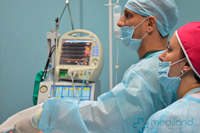
Tactics of surgical treatment of benign breast formations:
Operative treatment is performed in compliance with all rules of aesthetic organ-preserving surgery. During the operation, the tumor-like formation is removed through small incisions in barely noticeable areas – through areola or axillary access, and the wound is sutured with an intradermal cosmetic suture. Thus, the whole healthy tissue of the breast remains, its size and shape do not change, and scarring on the skin, most often, is completely invisible.
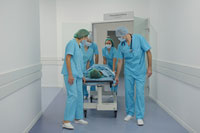
Postoperative period:
In the postoperative period, patients may be disturbed by:
- minor pain in the operation area,
- in the presence of drainage – small spotting from the wound,
- in the operated area, there may be a bruise, which will disappear after a few days.
The sutures on the wound are superimposed, as a rule, they are absorbable and do not require removal, but in case of overlapping seams they are removed for 7-10 days. After surgery of the mammary glands, the period of hospitalization of patients is usually 1-2 days. If the recovery period is delayed, at the discretion of the attending physician, the patient may be offered to stay in the hospital for several days or be hospitalized again after discharge. The possibility, for patients, to seek medical help for this disease in the department or the clinic, allows us to monitor the condition of our patients for a long time and to track the results of the operation in a remote period.



